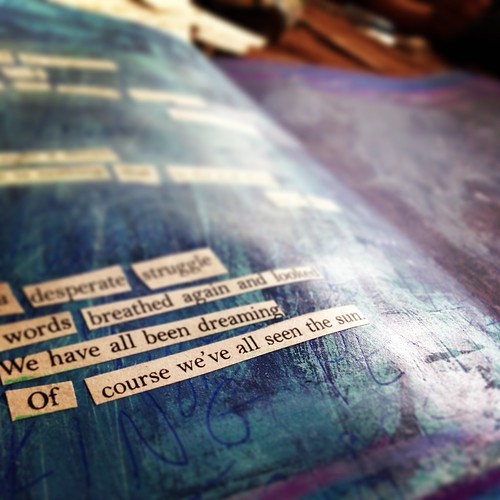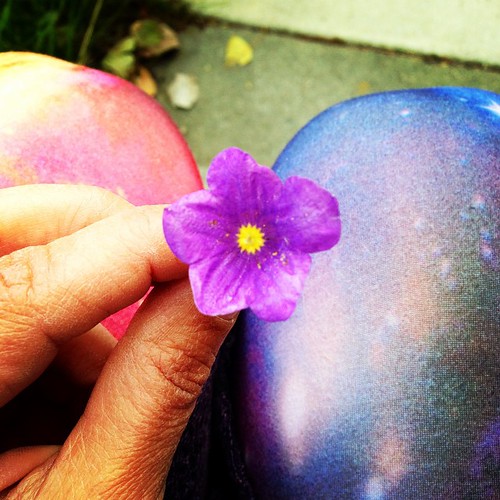(find part 1 here.)
We love.
We love.
We love, without condition, without a "but you," without excuse.
We respect. We preserve dignity. We look for the value of each other. We can do these things, wisely.
But how?
For the longest time, I thought that loving someone, especially someone who is "other" than me for whatever reason (gender, race, income, culture, location, etc.) meant doing something really big. Like joining the Peace Corps, or making buckets of money so I could donate more, or making like Mother Theresa and moving to Calcutta.
But it doesn't have to look like that. It could look like that and be valuable, of course, but smaller lovings are equally important and just as valuable.
Loving, the kind that lasts, starts in the mind. Or maybe the heart. Or maybe both. Regardless, it begins within. That's the spark.
So what it looks like for me is challenging myself and the stereotypes and prejudices I find entrenched within me. Do I really believe that a person is less worthy of my respect and valuing of her because she is a lesbian, for example? If so, why? And I don't know if this is always the case for everyone, but for me, each time I challenge my prejudices, they crumble.
I realize that I received a certain amount of cultural, social, and religious grooming that helped gestate some of those broken ways of thinking, and I begin to dismantle them.
I discover, for example, that I can find no valid reason to believe that God loves homosexuals less, or that women are less capable as leaders than men, or that poor people are always responsible for and able to escape from their own poverty.
That is a good beginning. The self investigation, the seeing, the rooting out.
And then I go further. I question deeper.
For example: What is life really like for the Black men and women of Ferguson? Is the mainstream news accurately reporting events there? What are their goals in not reporting the full story? And what do, say, crime and prison statistics reveal about the reality that the Black American community lives in versus the White American community, or the Native American community, etc?
I question -- myself and the status quo. And I try to learn empathy. I learn to forgive myself and others for not getting it right, and I attempt reparations where appropriate. And I try to teach my son to do the same. That, I believe, is both the spark for and the answer to loving, period.
Is this over-simplified? Pie-in-the-sky thinking? I don't know. Maybe.
But I do think that love, period, starts with really seeing each other, and really seeing ourselves.
What do you think? How can we better love each other without qualification?

